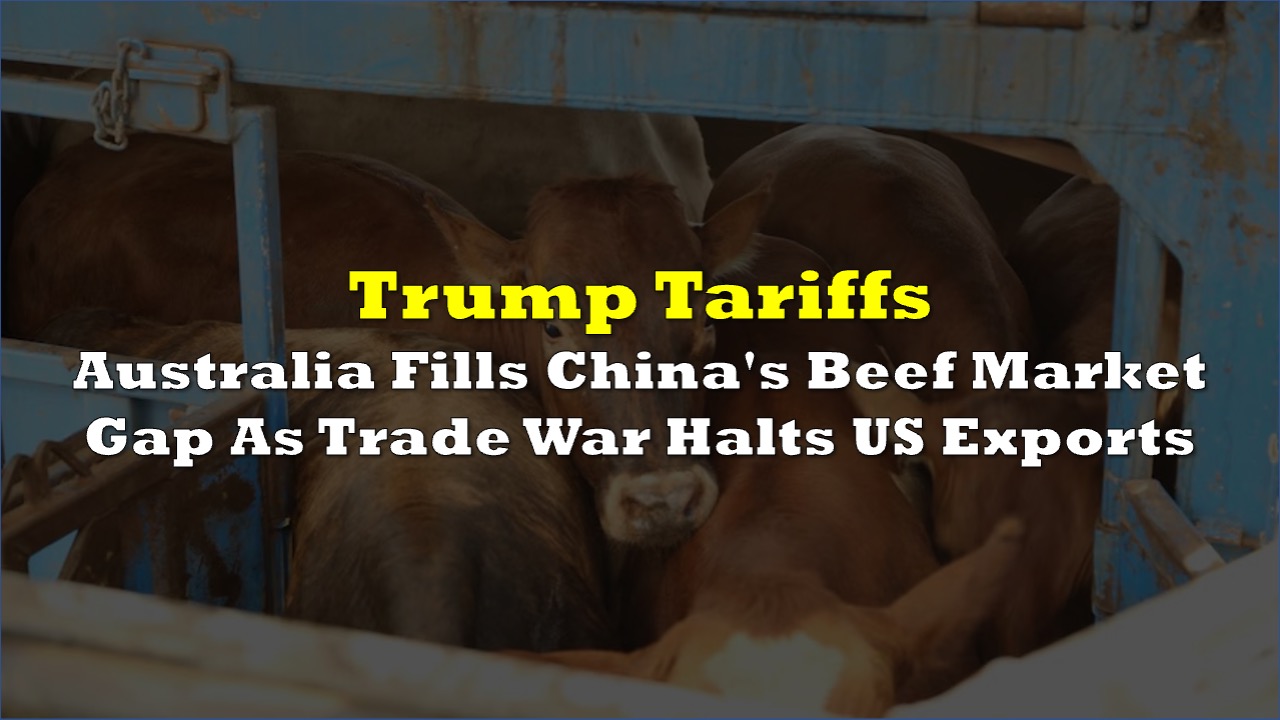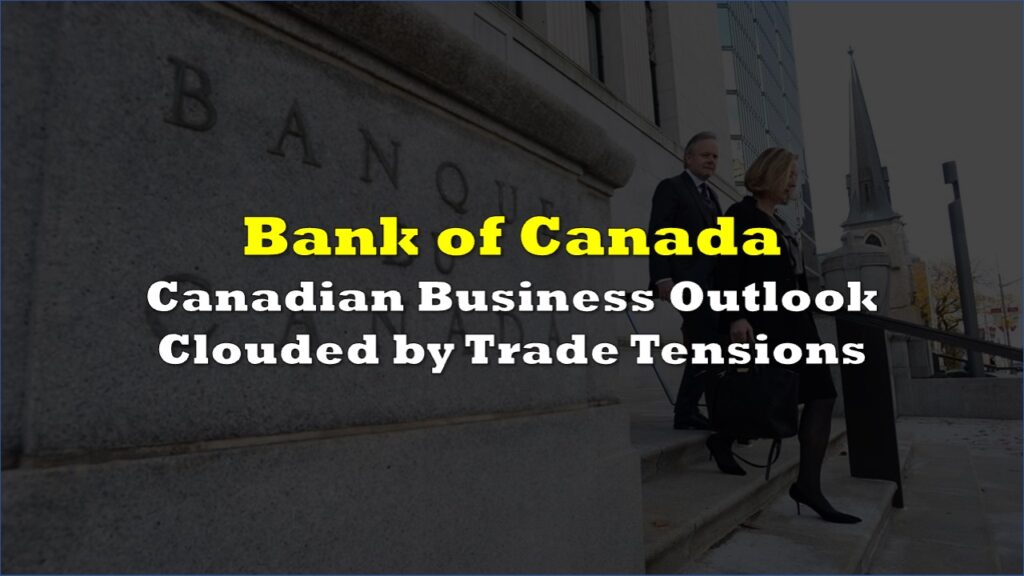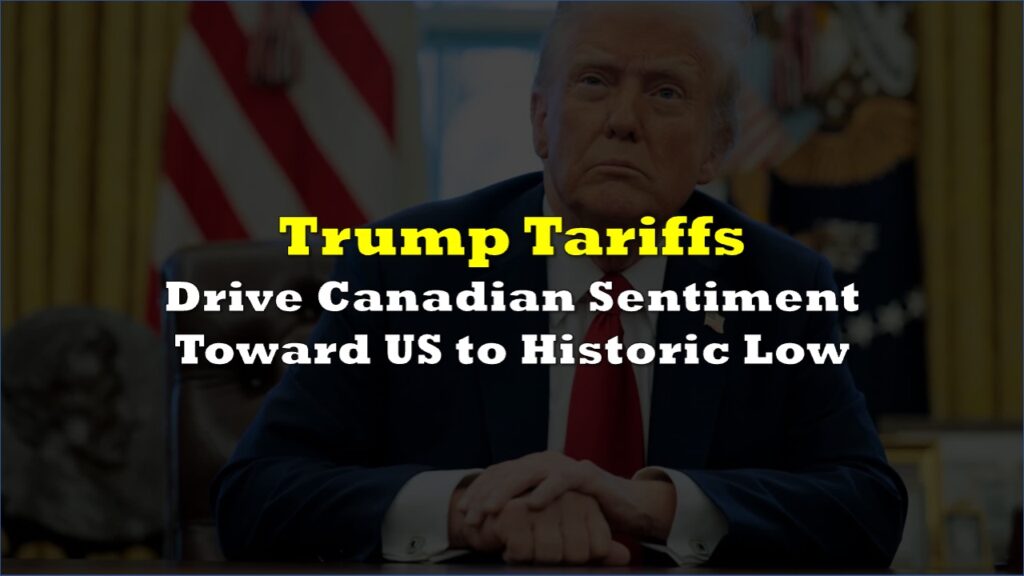Australia’s cattle industry is experiencing a significant boost in exports to China as US beef shipments have ground to a halt amid escalating trade tensions between the world’s two largest economies.
The US’ $2.5 billion beef trade to China has effectively ceased after about 300 abattoirs failed to have their export licenses renewed, creating an unexpected opportunity for Australian producers.
Statistics from Meat and Livestock Australia show Australian grain-fed beef exports to China have surged nearly 40% in February and March compared to the same period last year, with 21,886 tonnes shipped during those months.
“Australia is now the lone supplier of high-quality white fat marbled beef into China,” global meat analyst Brett Stuart told an industry conference, noting that US beef sales to China have “fallen to zero.”
China’s retaliatory tariffs on US beef have reached 116%, effectively pricing American producers out of what was their third-largest export market. In 2024, the US exported $1.6 billion worth of beef to China before the trade disruption.
Industry experts warn that while Australian producers are benefiting in the short term, the broader economic impact of the US-China trade war could eventually harm global demand.
“In the short term this trade war might present opportunities for Australian beef exports, but the bigger picture here is, if this tariff war slows growth in both the US and China, then demand for a lot of the things we sell overseas would slow,” said Australian shadow trade minister Kevin Hogan.
The impasse began after China “had still not renewed the eligibility of any US beef establishments” following the March 16 deadline, according to the US Meat Export Federation, which described the situation as “definitely hitting our March beef shipments harder.”
Speaking at a meat processing industry conference, Bindaree Food Group’s Andrew Simpson said the trade tensions were creating indirect opportunities for Australian exporters: “If there’s a tit-for-tat around the globe and countries like Japan or China push up reciprocal tariffs, it may prevent American beef becoming commercially viable into those regions and Australian beef will fill the gap, which could present a short-term opportunity.”
Rabobank global strategist Michael Every cautioned that Australia should be mindful of the geopolitical implications, noting: “Fundamentally, it will come down to the US trying to set terms to China, decouple where it can, and then saying to everyone else globally — and particularly in the West, like Australia — so, are you with us or not?”
Australia has previously declined China’s offer to “join hands” against Trump’s tariffs. Prime Minister Anthony Albanese said that Australia will “speak for ourselves” rather than align with China’s trade strategy, with Defence Minister Richard Marles stating the nation would not be “holding China’s hand.”
Australian officials have instead focused on diversifying trade relationships, with Trade Minister Don Farrell holding meetings with Japan, Singapore, South Korea and India in recent days as part of efforts to reduce reliance on both China and the US.
Information for this story was found via the sources and companies mentioned. The author has no securities or affiliations related to the organizations discussed. Not a recommendation to buy or sell. Always do additional research and consult a professional before purchasing a security. The author holds no licenses.










One Response
Aussie beef to China will leave how much for Aussies themselves and others? beef from U.S. not going to China should drive beef prices down here (U.S.) then due to oversupply (costs down). who need some coal and wheat?